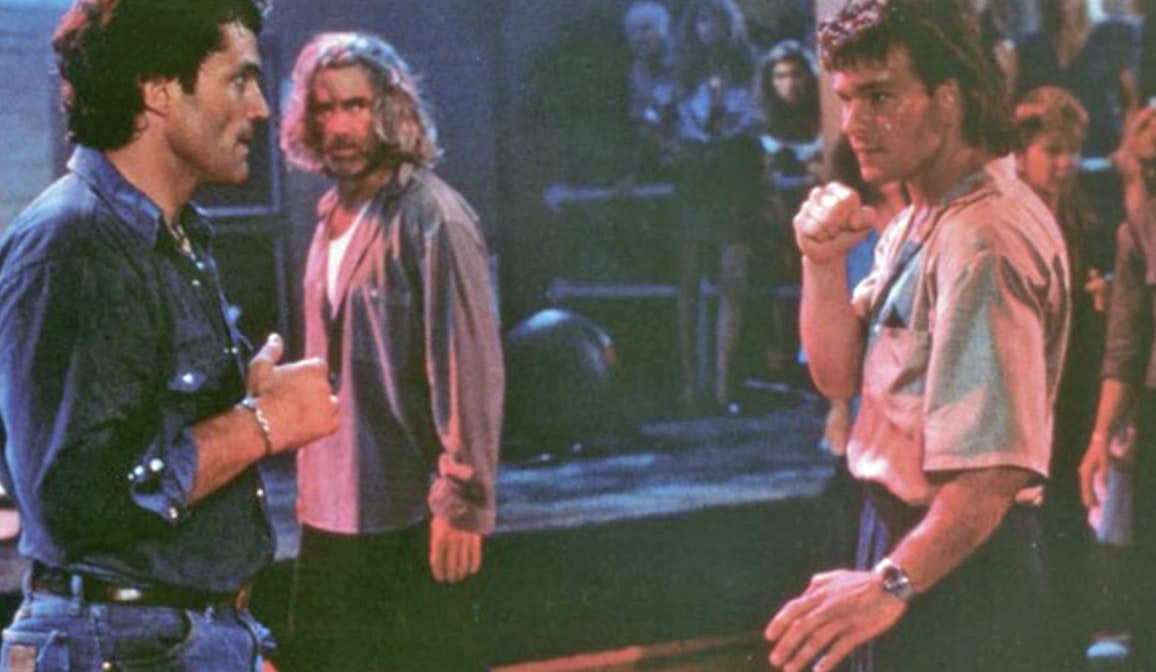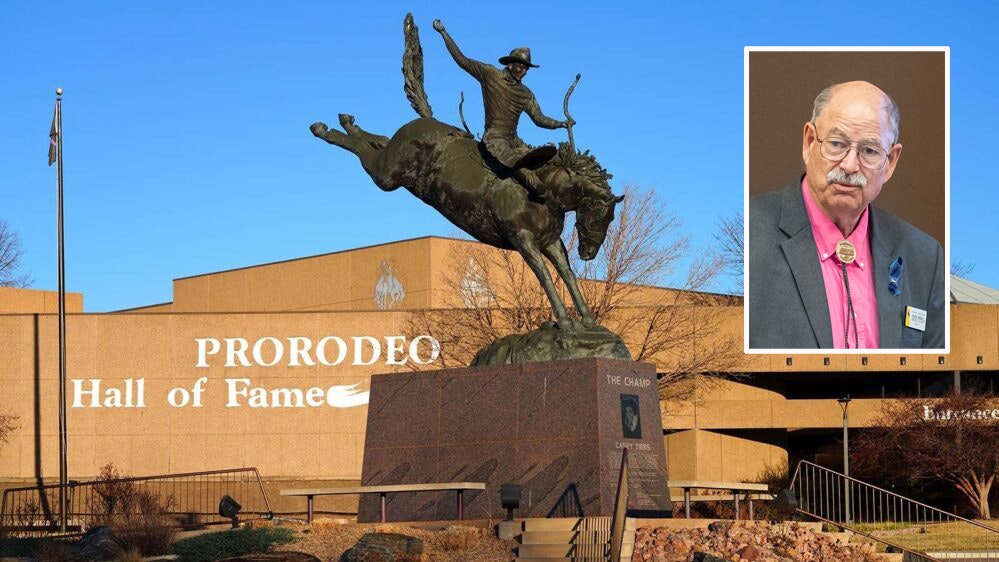Sometimes it’s a pastor’s duty to separate a troubled patron from the rest of the flock, said Rep. Jeremy Haroldson, R-Wheatland.
He was speaking during discussion about House Bill 126, which would clarify when it’s legal to physically remove trespassers.
Haroldson, who is a pastor, used the example of a church member with a drinking problem.
“He’s never mean in that realm, but he’s disruptive,” Haroldson told fellow members of the Wyoming House Judiciary Committee on Wednesday. “And with this individual we have a policy. ‘We love to have you at church, we want you at church, but if you’ve been drinking, you’re not allowed at church.’”
He described how he’d like to deal with the situation.
“I’d put my arm around you and I’ll walk you out,” Haroldson said. “We’ll have a conservation out front, and we’ll try again next week.”
But under current Wyoming law, he wouldn’t be legally allowed to put his arm around the man to prod him out.
He was referring to Wyoming’s criminal trespass law, which apparently doesn’t allow people to touch or otherwise use physical force to remove trespassers.
The committee voted to forward the bill to the Wyoming House.
No Touching
While Wyoming’s clearly gives people the right to defend themselves in their own homes, things get sketchier when it comes to dealing with trespassers at schools, churches, businesses and the like, said the bill’s primary sponsor, Rep. Barry Crago, R-Buffalo.
Pastors, teachers, bouncers and others can tell people to leave, but if they physically touch a trespasser, the current statute could leave them open to being charged with, or sued for, assault, Crago said.
That needs to change, he added.
“In today’s day and age, we get into situations where we have people in businesses, churches, etc., where we’re worried about them causing imminent harm to somebody, and a good way to de-escalate that situation is to get them out of the building,” he said.
House Bill 126 would add language to the existing criminal trespass statute, clarifying the use of physical force to remove people in such situations, Crago said.
The bill’s text states:
“A person who is the owner or legal occupant of land or a premises upon which a criminal trespass is occurring, or their agent, is justified in using reasonable and appropriate physical force upon another person when and to the extent that it is reasonably necessary to terminate what the owner, occupant or agent reasonably believes to be the commission of a criminal trespass by the other person in or upon the land or premises.”

‘Reasonable’ The Key Word
Testifying in favor of the bill, security expert Tim Gray of Buffalo said people need the option of physically removing trespassers, disruptive customers or others, even if police have been called.
In towns and cities, police can take several minutes to reach a scene, Gray said. In Wyoming’s rural areas, sheriff’s deputies might not get there for a half-hour or more.
So, at least being able to get a troublesome person out of the building would give people time and space to cool off, he said.
He and other proponents of the bill also said that the use of the word “reasonable” throughout the text would give attorneys, judges and juries ample room to decide if too much force was used, should a particular case end up in court.

Could Make Things Worse?
Even so, physical touch of any sort could actually escalate situations, particularly if a trespasser is dealing with substance abuse or mental health problems, said Rep. Karlee Provenza, D-Laramie.
People with those problems can become “much more volatile” if they’re touched, she said.
And while police officers are trained to calm intoxicated or mentally ill people, many civilians might not know how to handle those situations properly, Provenza added.
Gray said people should “call an ambulance” to assist with substance abuse or mental health problems. However, particularly in schools, it would still be vital to get a troubled or agitated person out of the building and away from the children.
Too Narrow?
Rep. Ken Chestek, D-Laramie, said even the term “reasonable” could be taken too broadly and open the door to “vigilantism.”
While testifying for the committee, Navy veteran Bill Winney of Sublette County said he was a court marshal hearing officer during his military service and saw instances when people had manipulated tense situations.
“There are those in this world who are very artful at enticing an unsuspecting person into some kind of behavior that they can then go after (in court),” he said.
Rep. Ember Oakley, R-Riverton, said that codifying the reasonable use of physical force into the trespass statute could actually “narrow” the options for people dealing with trespassers.
A reasonable use of force is already covered by the principle of common law, which can be decided on a “case-by-case” basis, she said.
“I’m not a huge fan of statutory ‘reasonable’ defenses, but I don’t think this (HB 126) goes too far,” she said.





